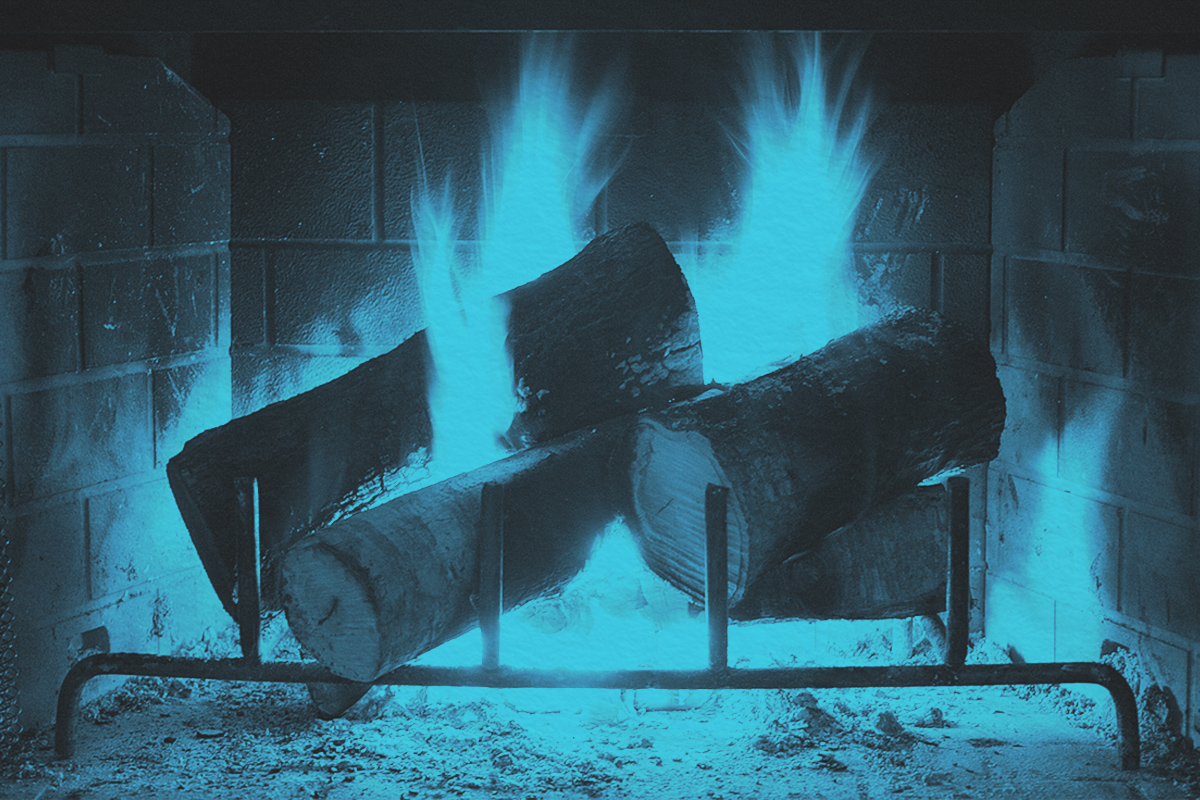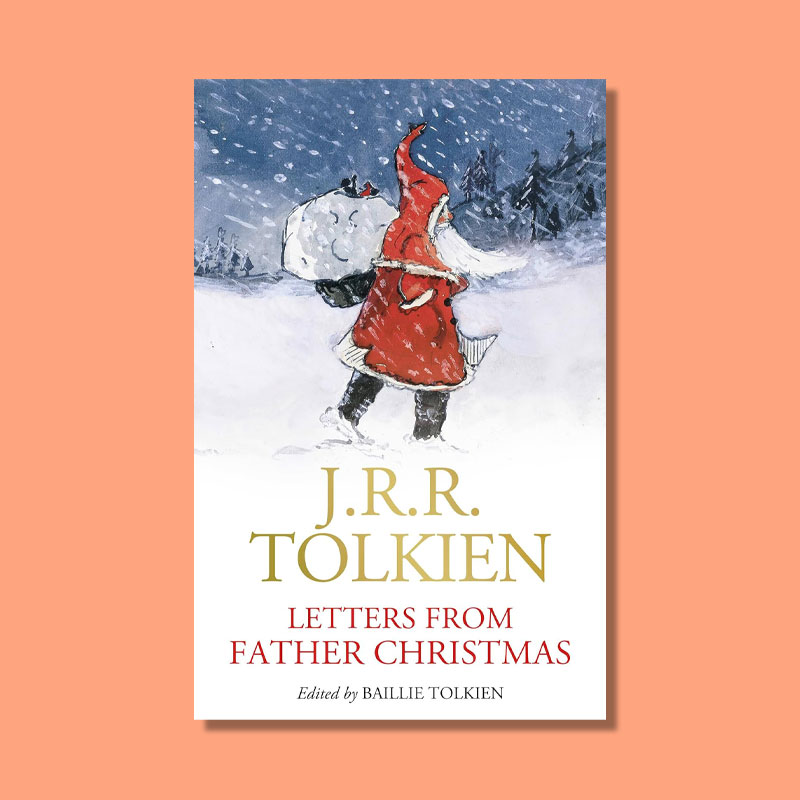What exactly is "Yule"? | | "Christmas," "Advent," "Noel" — there are several name choices for the December 25 holiday, but "Yule" has perhaps the oldest origin story. Do you know where it comes from? | |  | Bennett Kleinman |
|
| |  | | S ome words perfectly call to mind a specific holiday, such as "independence" for the Fourth of July, "spooktacular" for Halloween, and "Yule" for Christmastime and holiday joy. But while the term "Yule" is commonly dusted off and busted out each December, it takes a little digging to suss out the literal definition.
According to the Oxford English Dictionary (OED), "Yule" can mean a few things. Its original and now largely obsolete definition is simply "December or January." That was the primary meaning a thousand years ago, but around the 14th century, the term was redefined as specifically having to do with "Christmas and the festivities connected therewith" — a meaning that it largely maintains today.
"Yule" comes from the Old English geol, which came from the Old Norse jol — a pagan midwinter festival celebrated since at least the 10th century. Over time, Christians adopted some of the traditions (using holly and mistletoe, ritualized gift giving, the Yule log) from the Anglo-Saxon festivities to use in the 12-day Nativity season, which begins each year on December 25. As English evolved, so too did the term geol, which was anglicized as "Yule" in the 1500s.
Speaking of the Yule log, long before there was a Netflix video of a burning log to stream in fireplace-less homes, "Yule log" came into the 17th-century English lexicon. In the 19th century, using "Yule" for the Christmas season saw a resurgence among British writers, specifically referring to the "Christmas of Merrie England." Today, whether you're celebrating with a log, a tree, presents, or mistletoe, "Yule" acts as a catchall term around Christmas. |
| | Continue reading | |  |
| |
| | Advertisers help keep Word Smarts free | |
Emoji Decoded | |  | | Boxing Glove | | | Meaning: Depicts a red boxing glove, used in boxing and other combat sports.
Evolution: When it was added in 2016 as part of Unicode 9.0, the Boxing Glove emoji joined other sports equipment emojis to represent combat sports, fitness, and strength. Although the holiday doesn't refer to the sport, the emoji also can be used to represent Boxing Day.
Usage: [Facebook post on December 26:] Happy Boxing Day! Time to fight through these holiday sales 🥊🎁 |
|
 | | Boxing Glove | | | Meaning: Depicts a red boxing glove, used in boxing and other combat sports.
Evolution: When it was added in 2016 as part of Unicode 9.0, the Boxing Glove emoji joined other sports equipment emojis to represent combat sports, fitness, and strength. Although the holiday doesn't refer to the sport, the emoji also can be used to represent Boxing Day.
Usage: [Facebook post on December 26:] Happy Boxing Day! Time to fight through these holiday sales 🥊🎁 |
|
| |
Have you read? | |  | | Letters from Father Christmas | | By J.R.R. Tolkien | | If you'd like to incorporate a bookish tradition into your Christmas Day, I'd like to suggest reading aloud one or two of J.R.R. Tolkien's "Letters From Father Christmas." The "Lord of the Rings" author wrote these letters to his children between 1920 and 1943, from the perspective of Santa, and they demonstrate every bit of the imagination and creativity that produced his legendary fantasy worlds. | | | | Jennifer A. Freeman, Word Smarts Senior Editor | | | | We independently evaluate all recommended products and services. If you click on links we provide, we may receive compensation. |
|
 | | Letters from Father Christmas | | By J.R.R. Tolkien | | If you'd like to incorporate a bookish tradition into your Christmas Day, I'd like to suggest reading aloud one or two of J.R.R. Tolkien's "Letters From Father Christmas." The "Lord of the Rings" author wrote these letters to his children between 1920 and 1943, from the perspective of Santa, and they demonstrate every bit of the imagination and creativity that produced his legendary fantasy worlds. | | | | Jennifer A. Freeman, Word Smarts Senior Editor | | | | We independently evaluate all recommended products and services. If you click on links we provide, we may receive compensation. |
|
| |
| | Advertisers help keep Word Smarts free | |
|
![]()
![]()
![]()
![]()
0 Comments:
Post a Comment
<< Home